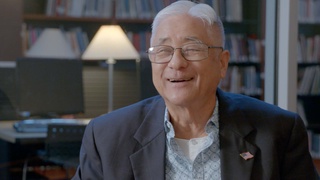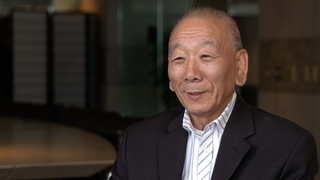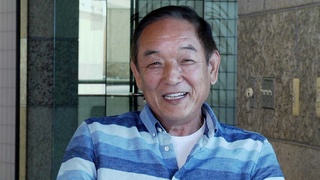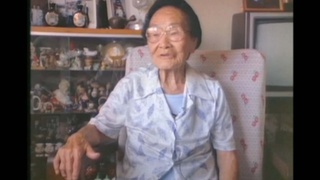Entrevistas
My father’s venture into the hotel business (Japanese)
(Japanese) After my father graduated from driving school, he went to work for a man named Hamilton H. Cotton. Now, on the way to San Diego there’s an area called San Clemente, right? Well, Mr. Cotton was known as the father of that town who first opened it. His mansion became Nixon’s summerhouse when Nixon was president. It was an incredible house. So, my father was extremely lucky.
My father worked at Mr. Cotton’s for several years, I think probably close to ten. Then, one day, Mr. Cotton called him over and said, “How much longer are you planning on working for me? Don’t you think it’s about time you struck out on your own?” My father had never considered the possibility of starting a business in America, even in his wildest dreams. But Mr. Cotton told him, “America is a businessman’s country. It doesn’t matter how small your business is, as long as you’ve got something. Like they say in Japan, you’ve got to be the master of your own castle.”
But, there were a lot of restrictions on the businesses Japanese could run. So, my father talked it over with some friends and in the end decided on running a hotel. At that point, Mr. Cotton began consulting with his lawyer and others. Now, Mrs. Cotton’s older brother, Mr. Carson, was part of the family that owned that…it’s got the same name as Carson City over here…Carson Ranch, a huge ranch in Dominguez Hills. Mrs. Cotton was from the same family, the daughter of Mrs. Carson. And Mr. Carson – Mrs. Cotton’s older brother – was the founder and president of a bank. So, Mr. Cotton called up his brother in law, Edward Carson, and told him to get the money ready for my father’s business. It was really thanks to Mr. Cotton and Mr. Edward Carson that my father was able to start his hotel.
Fecha: January 31, 2012
Zona: California, US
Entrevista: John Esaki, Yoko Nishimura
País: Watase Media Arts Center, Japanese American National Museum










